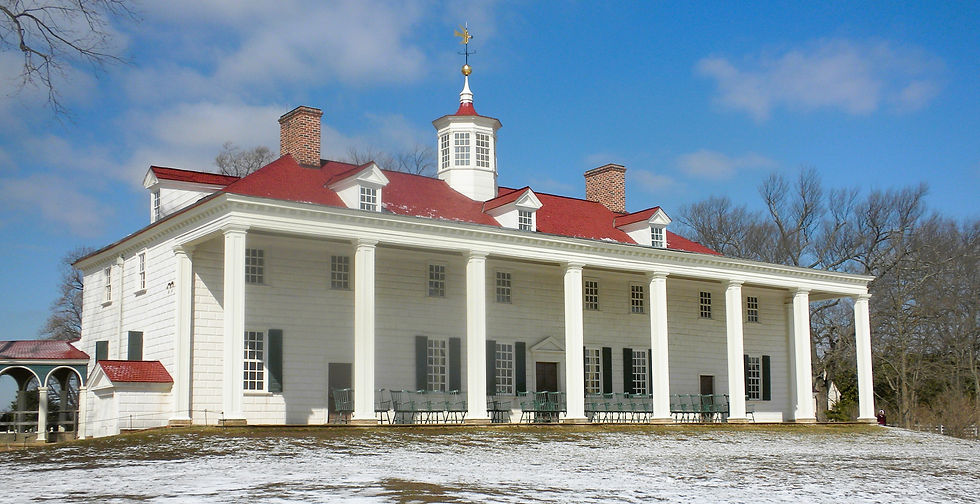Gratitude Friday 11 15 24 – The Last Unplugged Generation
- Bill Stauffer

- Nov 15, 2024
- 4 min read

I recently read a book in which the author reflected on the need to share what life was like before computers because, soon no one alive in our society would have that experience. That is mind blowing for me. All of us view life through our own lenses. While computers did exist for two decades before my birth, they were not really in public use and not within our day to day lives in any way. The first modern computer Electronic Numerical Integrator and Computer (ENIAC) was built in 1946 and was envisioned as a weather prediction tool. They evolved rapidly and I can recall my father brining home used punch cards that were used to program early computers where he worked at the Bethlehem Steel Corp and later the very calculator produced by Texas Instruments. It sold for $149.99 in 1973, which in today’s world is the equivalent of $1,065.14. I recall he was nervous in having our little paws on such a valuable piece of high technology. My first modern tech was seeing this calculator at age 8. Computers were a decade away.
Computers gradually moved into the world. The internet started with something called ARPANET which started in 1969 but switched over to a more open protocol on January 1st, 1983, which is the official birthday of the internet. The first video game was pong in 1975. In this era, we had books and our lives were lived with other people in a non-virtual world. Kids roamed free and our parents did not know where we were or what we were doing. We actually survived! A few video games came along. In my teen years, there was an arcade game called Defender that a lot of kids played, but we would do so in arcades, which were places that kids like me would congregate, together. The first home computer I can recall was the Commodore 64, that hit the market in 1982. All this is hard to imagine now of course.
Before the modern computer era and the rise of social media, there were more shared experiences. Recently I watched a show about the young actors of the era, who were known as the Brat Pack, which was a play on stars of an earlier era, the Rat Pack. Several of them were in what I consider the defining movie of the kids of that era, the Breakfast Club. It captured a lot about that moment of time, so much so that in 2016, it was selected for preservation in the United States National Film Registry by the Library of Congress as being "culturally, historically, or aesthetically significant." It is a movie that has been officially recognized as it presents a society and generationally shared experience, in a way that more contemporary youth do not experience as media can be tailored in ways that result in fewer shared experiences.
In the era I was raised in, the sense was that computers, the internet and digital media were going to improve our lives. I don’t recall a lot of discussion on what it costs us in things like human connection and shared experience. While it is true that all prior generations have lamented progress and changing technology, the tech in the last 30 years has done things that had not ever happened before. The past does not prepare us for this experience. In many ways, computers made us feel connected while actually isolating us. Humans are wired for being in groups where we can see and experience things together, and the connectivity we have with each other has been dramatically reduced.
There was a saying, “everyone is entitled to their own opinions, but not their own facts" attributed to the late Senator Daniel Patrick Moynihan. It feels dated now as facts are more fleeting and our ability to agree on basic things has become much more arbitrary. In our era, if you want to believe that the earth is flat, it is less than a few thousand years old and the moon landing was fake, there are sites you can go to validate your beliefs. This can allow people to wall out what used to be uncontested truths. We have moved into an era in which AI can replicate things in such a way as to make truth and reality quite difficult to discern from falsity. It is so bad that many of the people who developed AI are saying what they have created is bad for us. We have built and opened Pandora Box but we cannot or will not shut it.
I found this piece about how people had fun before the internet. Kids did a lot of things back then, usually with each other. I would not portray my youth in the predigital age as easy or perfect. Lots of situations I experienced led to anxiety and I got myself into a fair amount of trouble. Yet, in hindsight, these things were part of discovering how to navigate the world. Social situations that don’t happen with the kind of prevalence that they used to. Not having constant entertainment for me led to deeper thinking and reading and being creative that come from down time in ways that there is simply less of in our current world. This is not to say that we are without hope. One of the positive developments I see is people consciously creating space for real life. There are young people who are more interested in experiences than possessions and those who limit screen time in order to stay healthy and creative. This is encouraging!
I am grateful to live as a digital world immigrant. It is not the world I was born into. As such, I have fluency in non-digital living that I can draw one when life gets out of balance, and I am spending too much time in front of a screen. Younger generations – there are probably things you relish about the era you grew up in as digital natives. What are those things?
No matter what generation you are in, what are you grateful for today?










Comments